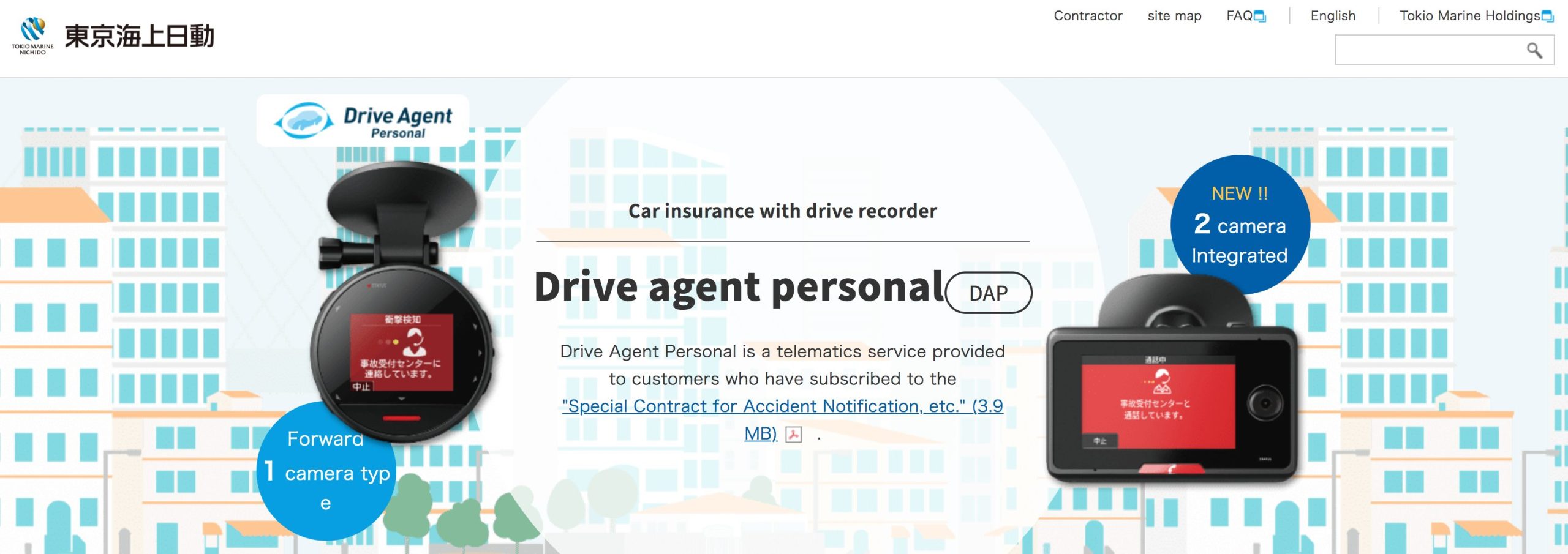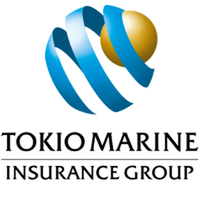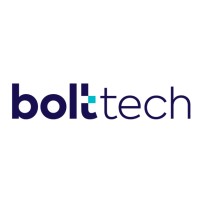TM trials accident predictive algorithms in Hawaii
Tokio Marine Holdings is intending to deliver “accident predictive services” by early detection of potential causes of auto accidents based on the driving data acquired and using the data to provide alerts to consumers, following the development of a data and analytics unit and a Proof-of-Concept.
In a document shared last month, the insurance group announced that it had started a Proof-of-Concept (PoC) project in Hawaii where it’s “leveraging big data obtained from drive recorders provided to auto insurance policyholders, as well as data analysis methods such as machine learning.”
As background, in 2017, Tokio Marine & Nichido (FICOH) launched its own telematics service called “Drive Agent Personal (DAP)”, a service that utilizes a drive recorder with an inbuilt communications function to individual customers, which was a first for the insurance industry in Japan. In April 2021, further progress was made by launching the industry’s first “dual camera integrated drive recorder with an inbuilt communications function” equipped with a front-facing and an in-vehicle camera, which has been adopted by many customers since its launch.

In July 2021, the insurer established its data company called Tokio Marine dR “to develop data-driven products and risk solutions that utilize data and cutting-edge IoT devices to visualize and detect risks at an early stage.”
Now, First Insurance Company of Hawaii is collaborating with automotive technology company Denso to provide services deploying the beta version (prototype) of “Accident Predictive Algorithms” which was developed at Tokio Marine’s Digital Lab in Silicon Valley. These algorithms were developed using 44 million hours of data (GPS, acceleration, video footage, etc.) collected from the drive recorders used by the auto insurance policyholders to predict the risk of an accident by detecting potentially dangerous driving behavior or situations. “Specifically, by monitoring driving behavior among volunteers who participate in the PoC, we will verify the accuracy of the “Accident Predictive Algorithms” as well as look into the optimal frequency of which to notify the driver of the findings in Oahu, Hawaii. Oahu was chosen because it’s known as a compact city (urban design and residence combined in high density), where a wide variety of driving data is available within a single trip.”
FICOH employees and University of Hawaii students can volunteer and participate in the trial initiative, which will run until the end of the month. Tokio Marine will strive to give service to corporate clients by the end of 2022, based on the results.



